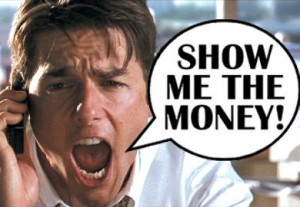Is Elite Status Becoming Unobtainium for the Frequent Leisure Traveler?
I’ve held top tier elite status in hotels and airlines for the better part of the last decade. While I started out earning status mostly from business travel (aka Other People’s Money), I came to appreciate the top tier status at Marriott, then Hyatt, and United, then American. As I came to appreciate that status,…
